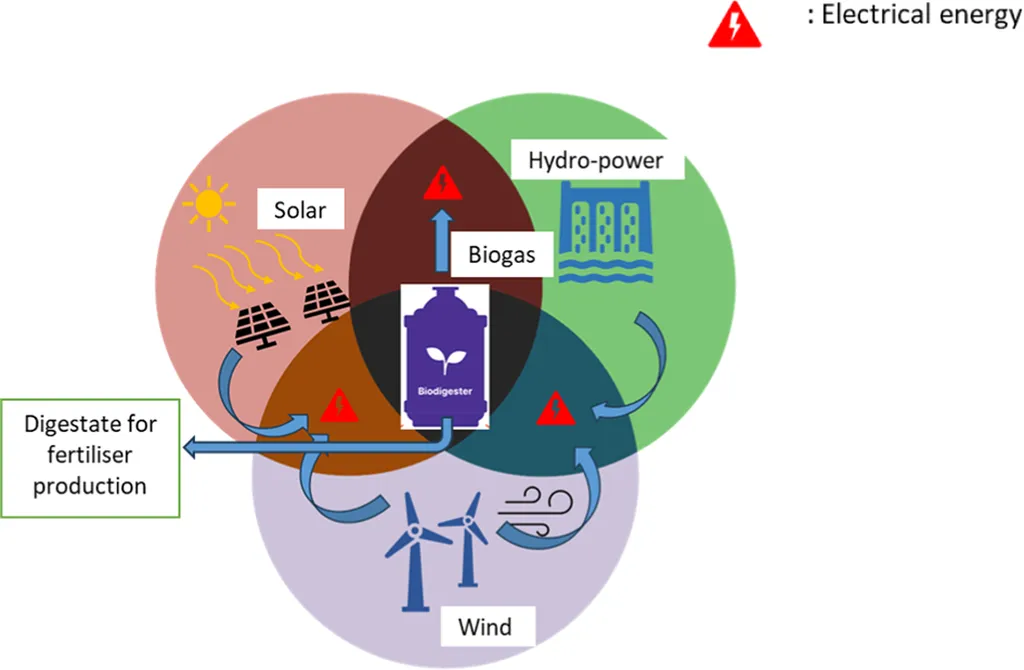In the heart of South Africa, researchers are tackling a growing challenge that could reshape how industries, particularly energy, manage wastewater. Lloyd N. Ndlovu, a scientist from the Department of Chemical Metallurgical and Materials Engineering at Tshwane University of Technology, has published a comprehensive review in ‘AIMS Materials Science’ (which translates to ‘Aims for Materials Science’) that sheds light on the presence and removal of nanomaterial contaminants in both municipal and industrial wastewater. The findings could have significant implications for the energy sector, where wastewater management is a critical environmental and operational concern.
Nanomaterials, both naturally occurring and engineered, are increasingly finding their way into wastewater through domestic drainage, industrial effluents, and surface runoff. These tiny particles, often just billionths of a meter in size, are prized for their unique properties but pose significant environmental and health risks due to their toxicity. “The challenge lies in their small size and unique properties, which make them both valuable and potentially hazardous,” Ndlovu explains.
The review highlights that conventional filtration methods, such as coagulation, flocculation, sedimentation, and granular filtration, have shown limited efficiency in removing these nanomaterials. However, advanced membrane techniques, particularly hybrid membrane systems, are proving to be more effective. This is a crucial insight for industries, including energy, that rely on efficient wastewater treatment to meet regulatory standards and minimize environmental impact.
The energy sector, with its complex wastewater streams from processes like hydraulic fracturing, coal combustion, and nuclear power generation, stands to benefit greatly from these advancements. Effective removal of nanomaterials can enhance water reuse and recycling efforts, reduce treatment costs, and mitigate potential environmental and health risks. “The energy sector is a significant contributor to wastewater generation, and improving treatment methods can lead to more sustainable and cost-effective operations,” Ndlovu notes.
The research suggests that future developments in membrane technology could further improve the removal efficiency of nanomaterials. This could open new avenues for innovation in wastewater treatment, making it more efficient and environmentally friendly. As industries strive to meet stricter environmental regulations and adopt more sustainable practices, the insights from this review could be a game-changer.
In the quest for cleaner and more efficient wastewater treatment, Ndlovu’s work offers a beacon of hope. By understanding the origins and behavior of nanomaterials in wastewater, and by leveraging advanced filtration techniques, industries can take significant strides towards a more sustainable future. The journey towards cleaner water is complex, but with ongoing research and innovation, the goal is within reach.

